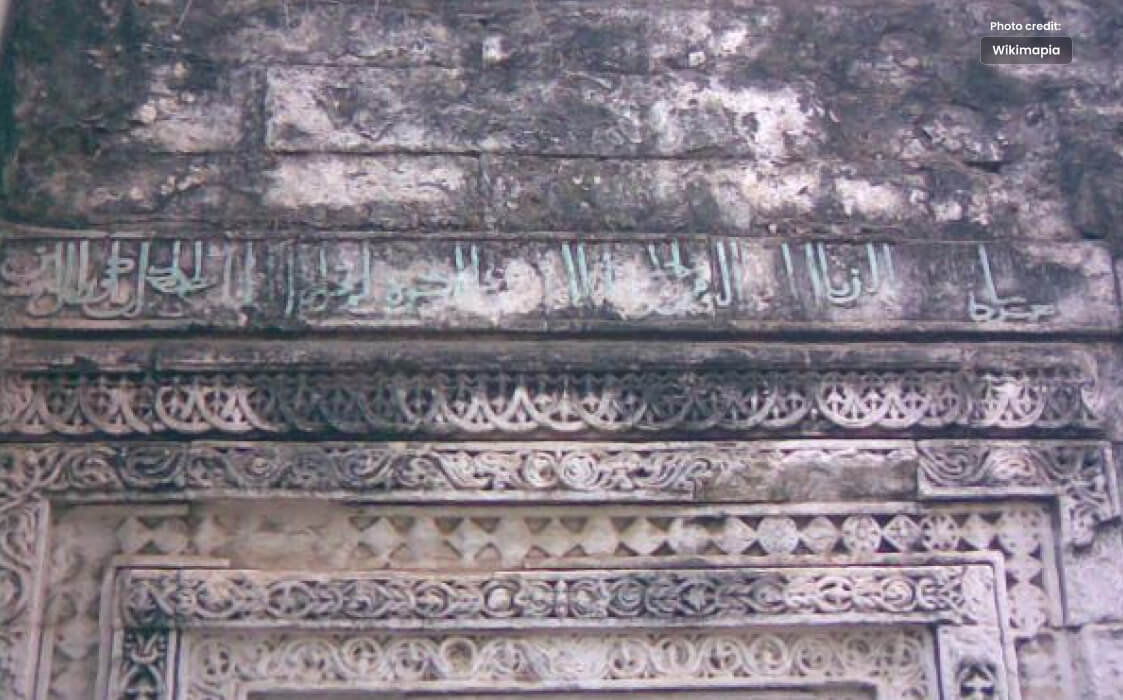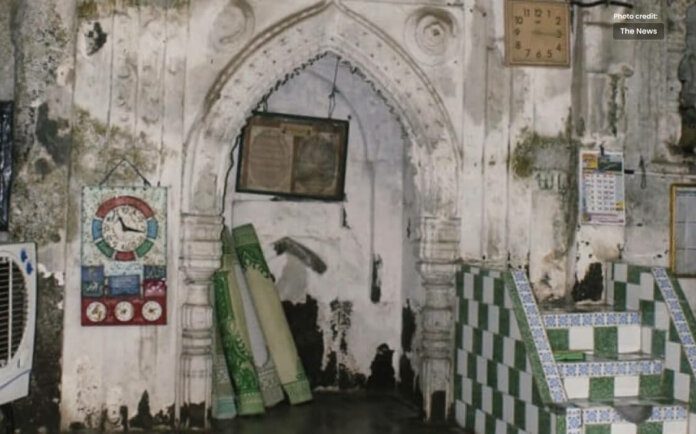Prayers banned at 800-year-old mosque in Indian, BJP’s recent actions.
According to section 144 of the Code of Criminal Procedure, the government official immediately forbade prayer, called local police, and asked the tahsildar to take control of the 800-year-old mosque on the grounds that it was “disputed”.
The Bombay high court has heard a challenge to the order and the collector’s authority.
The Jumma Masjid Trust member Aslam, however, worries that the most recent action taken against the Muslim community “marks the beginning of the communication of a centuries-old mosque in the state.”
Aslam has witnessed Muslims praying five times a day inside the Jumma Masjid in Jalgaon’s Erandol for as long as he can remember.
The Waqf Board has authorized the 800-year-old masjid, which is a crucial house of worship for the community.

An unregistered entity called “Pandavwada Sangharsh Samiti” had submitted the complaint against the mosque, drawing attention to the centuries-old building.
Prasad Madhusudan Dandawate, the complainant, presented the allegation to collector Aman Mittal in May.
The complainant is a member of the hardline Rashtriya Swayamsevak Sangh (RSS), the Vishwa Hindu Parishad (VHP), and the Bajrang Dal, according to his Facebook page.
Dandawate complained that the mosque was illegally constructed on a Hindu site of worship and should be taken over by the state.
The Jumma Masjid Trust, according to the plaintiff, has “illegally” encroached over the area.
The trust members of the mosque said that they were unaware of the complaint until they received a notification from the district collector in June.
“By that time, the collector had begun holding hearings. We have a limited amount of time to present our argument.
And then on July 11, the collector merely issued a restraining order,” Aslam, one of the trust committee’s ad hoc members, claimed.
The trust’s assertions that it is an old building have also been supported by the Archaeological Survey of India (ASI).
The district collector’s authority has also been contested by the Waqf Board, under whose authority the mosque was registered.
The Waqf board is in charge of everything else; the collector may only meddle to the degree that he manages the law and order components of this.
There is no uncertainty in that regard because the property has been registered with the board since 2009, according to Moin Tahsildar, the board’s CEO.




